Report: Saudi Arabia has executed 100 people since start of current year
Saudi Arabia has executed 100 people since January, a report said after the execution of four more people in the wake of the widely-condemned mass execution of more than 80 people earlier this month.
On Thursday, Saudi authorities put four more people to death, bringing to 100 the number of executions carried out in the ultra-conservative kingdom since the beginning of the current year, an AFP tally, based on Saudi official statements, said.
The four new executions, reported by the official Saudi Press Agency, came just five days after the same state-run news outlet reported that 81 inmates, including seven Yemenis and a Syrian, were executed.
Saudi authorities at the time alleged that the suspects had been convicted of a variety of crimes, including killings and being members of militant groups.
The mass execution in a single day exceeded the total number of executions conducted in Saudi Arabia throughout 2021.
According to Human Rights Watch, it is “highly unlikely” that the 81 men received fair trials, calling it a “brutal show of its autocratic rule.”
The US-based rights group also reported that more than half of the beheaded people, 41, belonged to Saudi Arabia’s Shia Muslim minority “who have long suffered systemic discrimination and violence by the government.”
UN High Commissioner for Human Rights Michelle Bachelet also condemned the mass execution on Monday.
“Our monitoring indicates that some of those executed were sentenced to death following trials that did not meet fair trial and due process guarantees, and for crimes that did not appear to meet the most serious crimes threshold, as required under international law,” she said.
Saudi authorities said on Saturday that among the executed were alleged members of the Takfiri terrorist groups of al-Qaeda and Daesh (ISIS).
Al-Qaeda and Daesh are widely believed to have their ideological roots in Wahhabism, the radical ideology dominating Saudi Arabia.
Wahhabism is blamed for forming Takfirism – the practice of denouncing subscribers to other schools of thought as “apostates” and considering their lives to be expendable.
The kingdom’s last mass execution occurred in early January 2016, when Saudi authorities executed 47 people, including prominent Shia cleric Sheikh Nimr Baqir al-Nimr, who had vociferously called for democracy in the kingdom and advocated anti-regime protests. Nimr had been arrested in Qatif, Eastern Province, in 2012.
Saudi- Arabia’s Eastern Province, which is largely populated by the Shia minority, has been the scene of peaceful demonstrations since February 2011. Protesters have been demanding reforms, freedom of expression, the release of political prisoners, and an end to economic and religious discrimination against the oil-rich region. The protests have met with a heavy-handed crackdown by the regime.
Over the past years, Riyadh has also redefined its anti-terrorism laws to target activism.
Iran elected vice-chair of UN Commission for Social Development
Historic gold for Iran as teen fencer wins World Cup title
VIDEO | Paris celebrates 47 years of Islamic Revolution in Iran
VIDEO | Killed twice: Palestinian-Americans and the price of silence
VIDEO | Pakistan slams US for publishing map depicting Kashmir as part of India
VIDEO | India-US trade deal faces protests from unions, opposition
VIDEO | 44th Fajr film festival closes with award ceremony in Tehran
North Korea warns of 'terrible response' to drone incursions from South


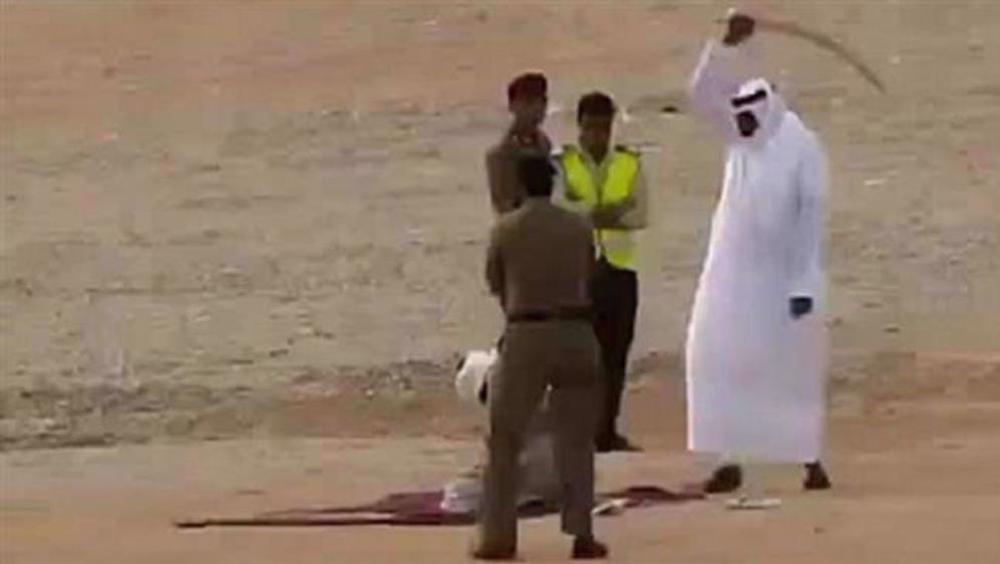
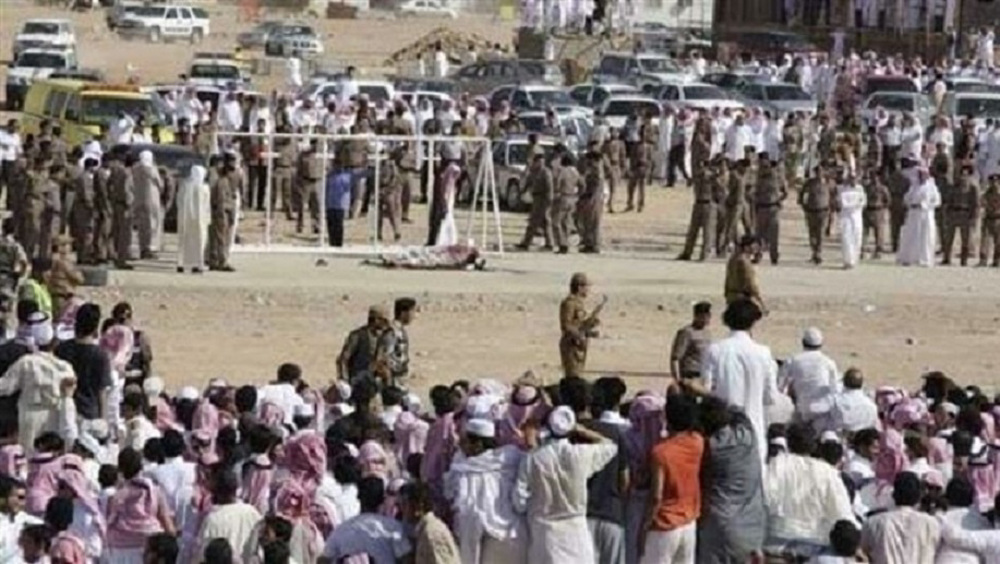
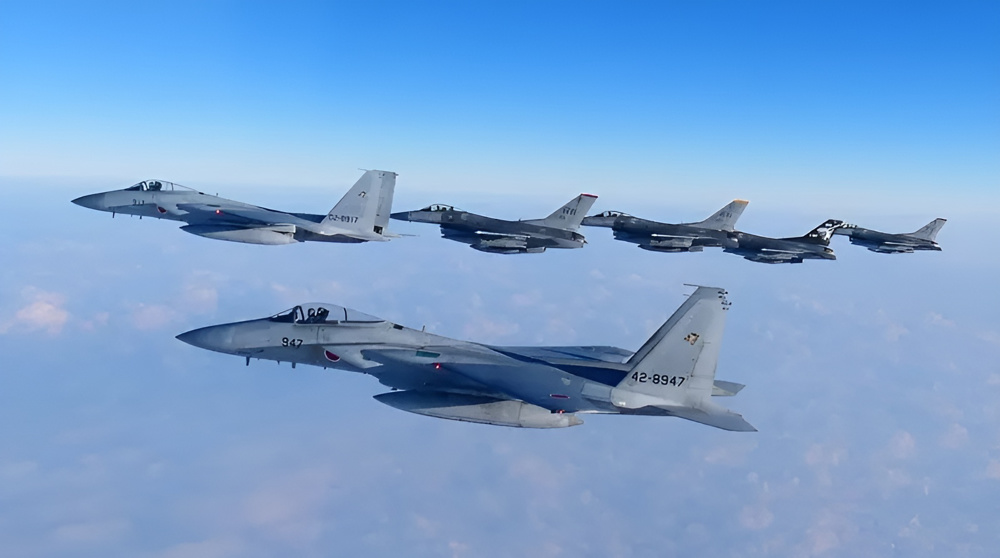

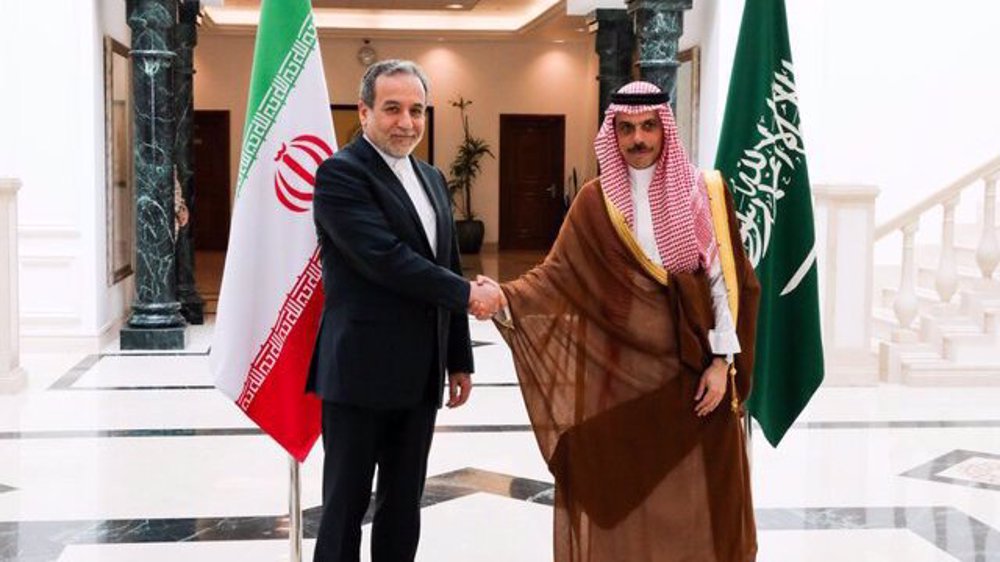



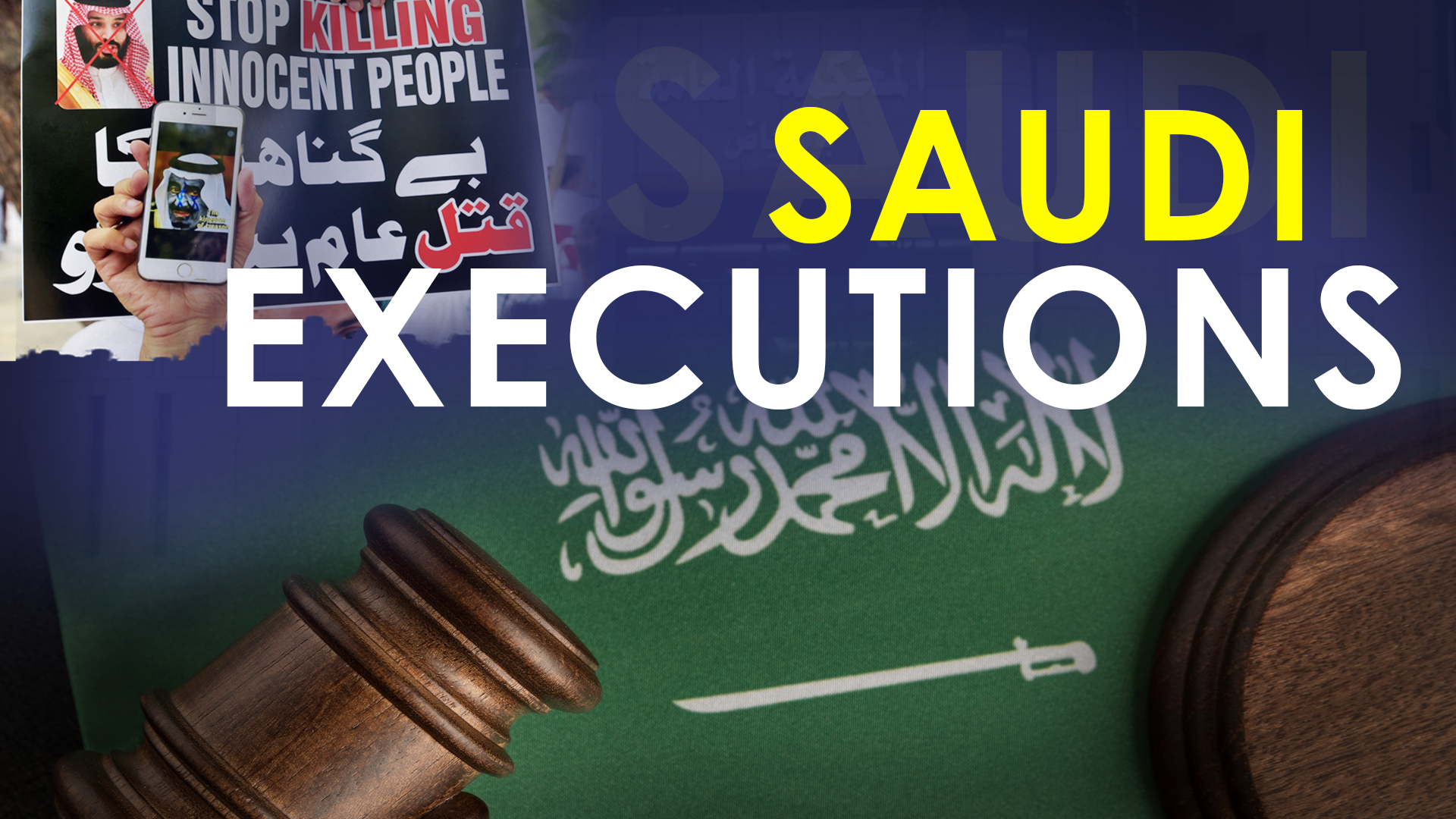
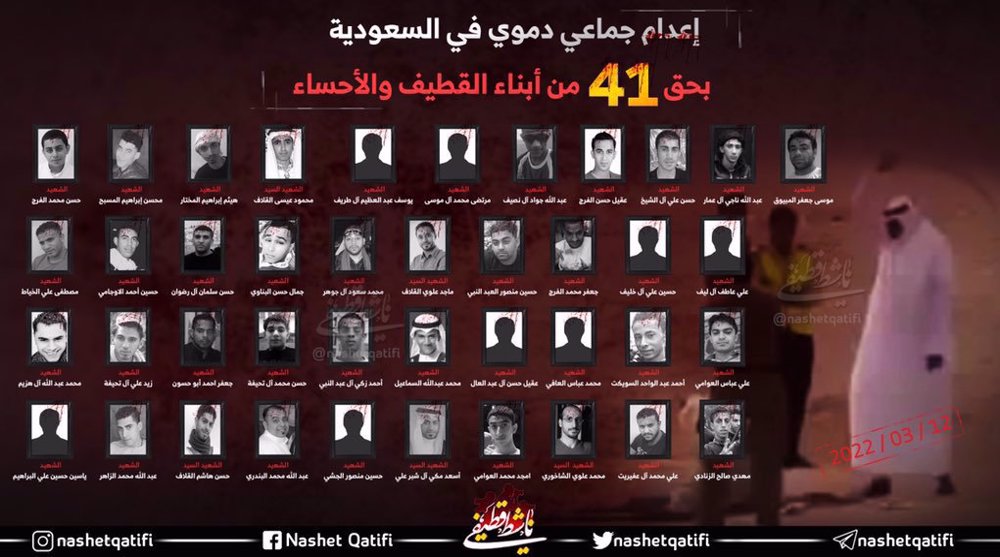
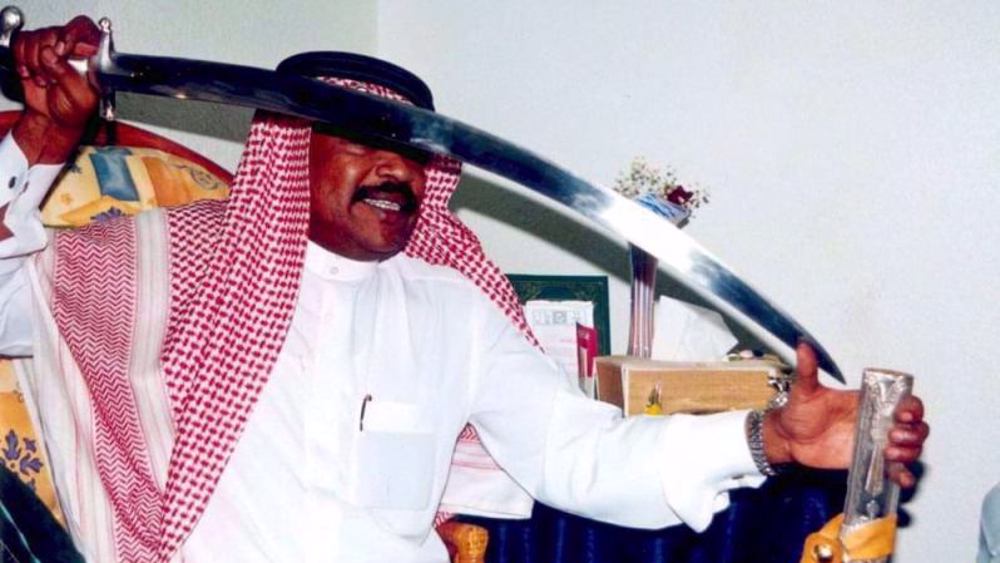
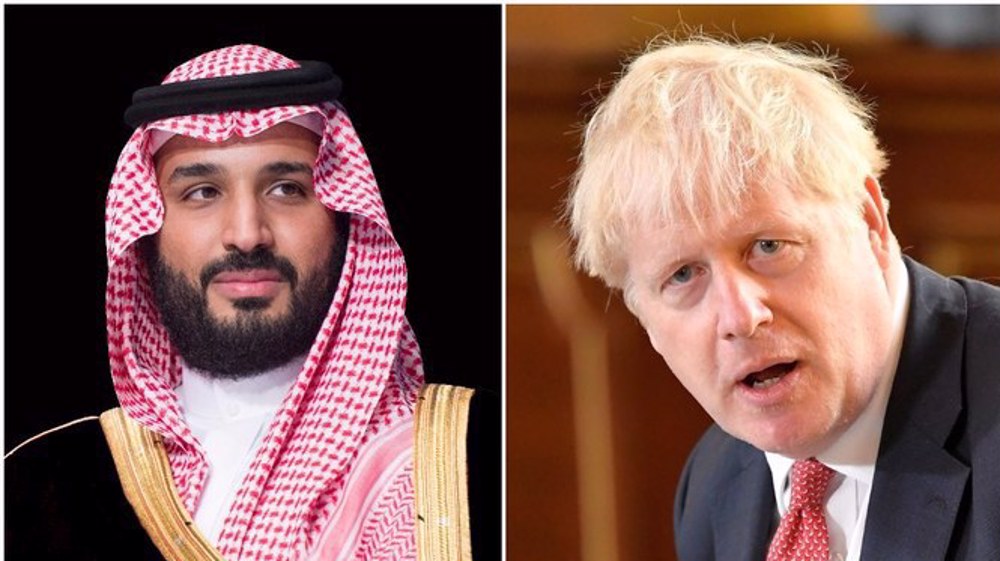
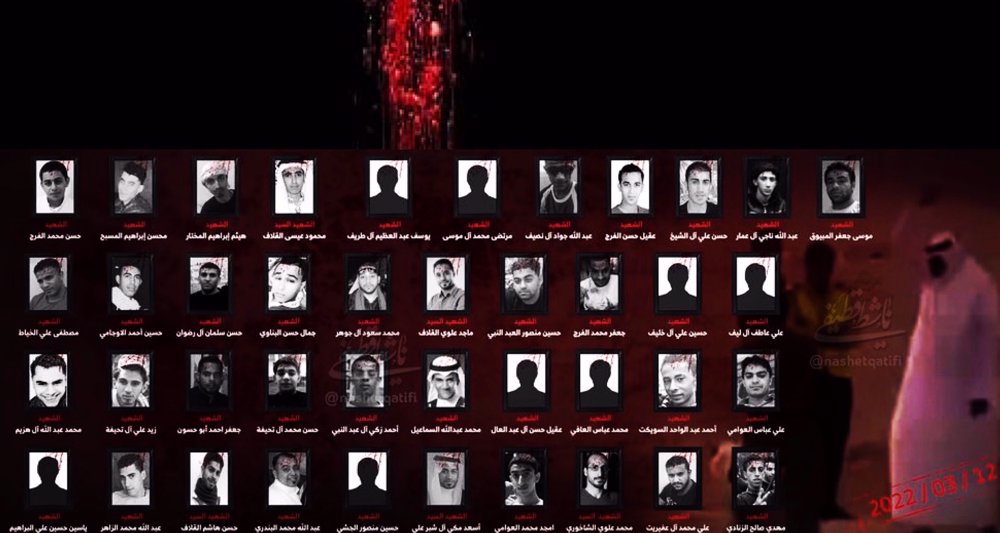
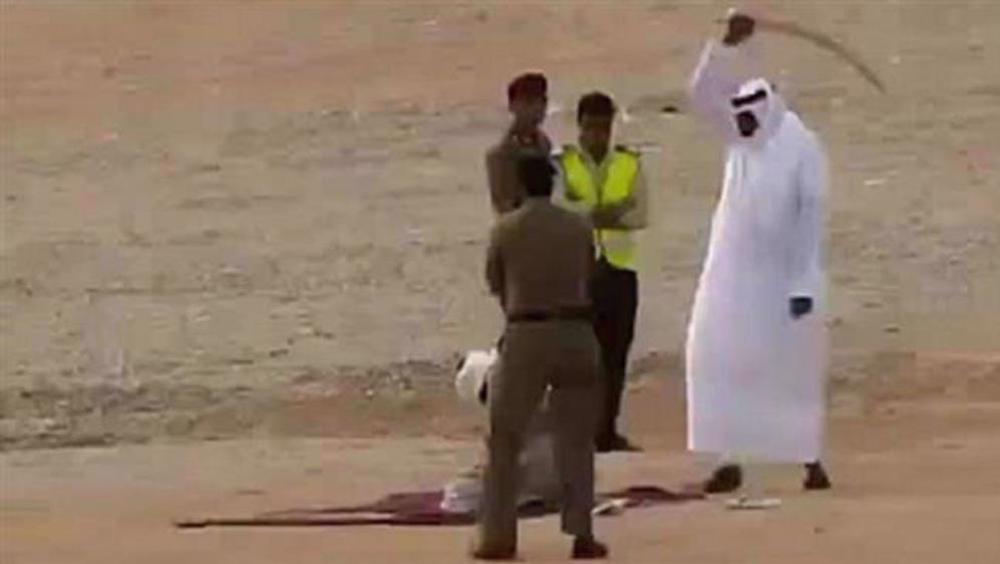
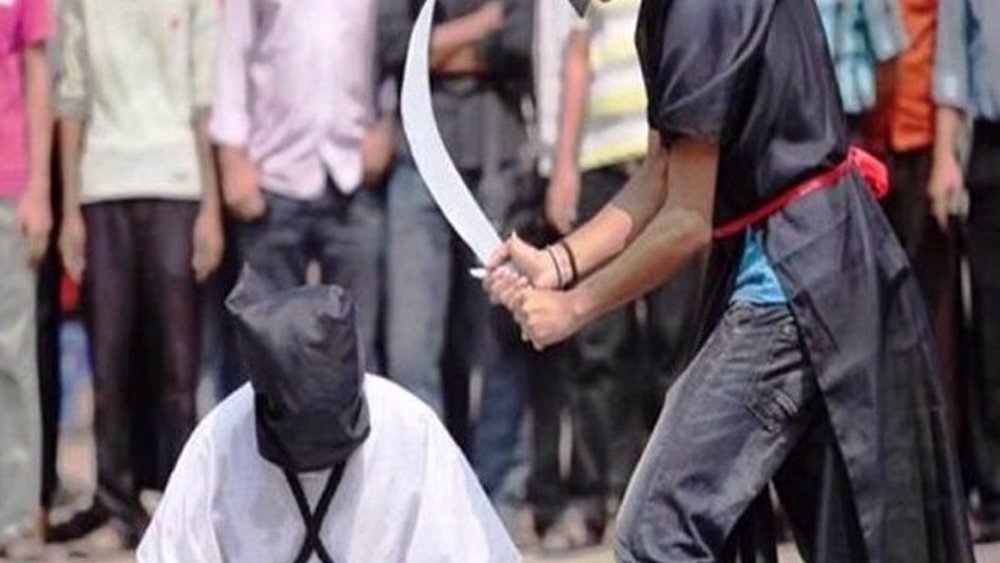

 This makes it easy to access the Press TV website
This makes it easy to access the Press TV website